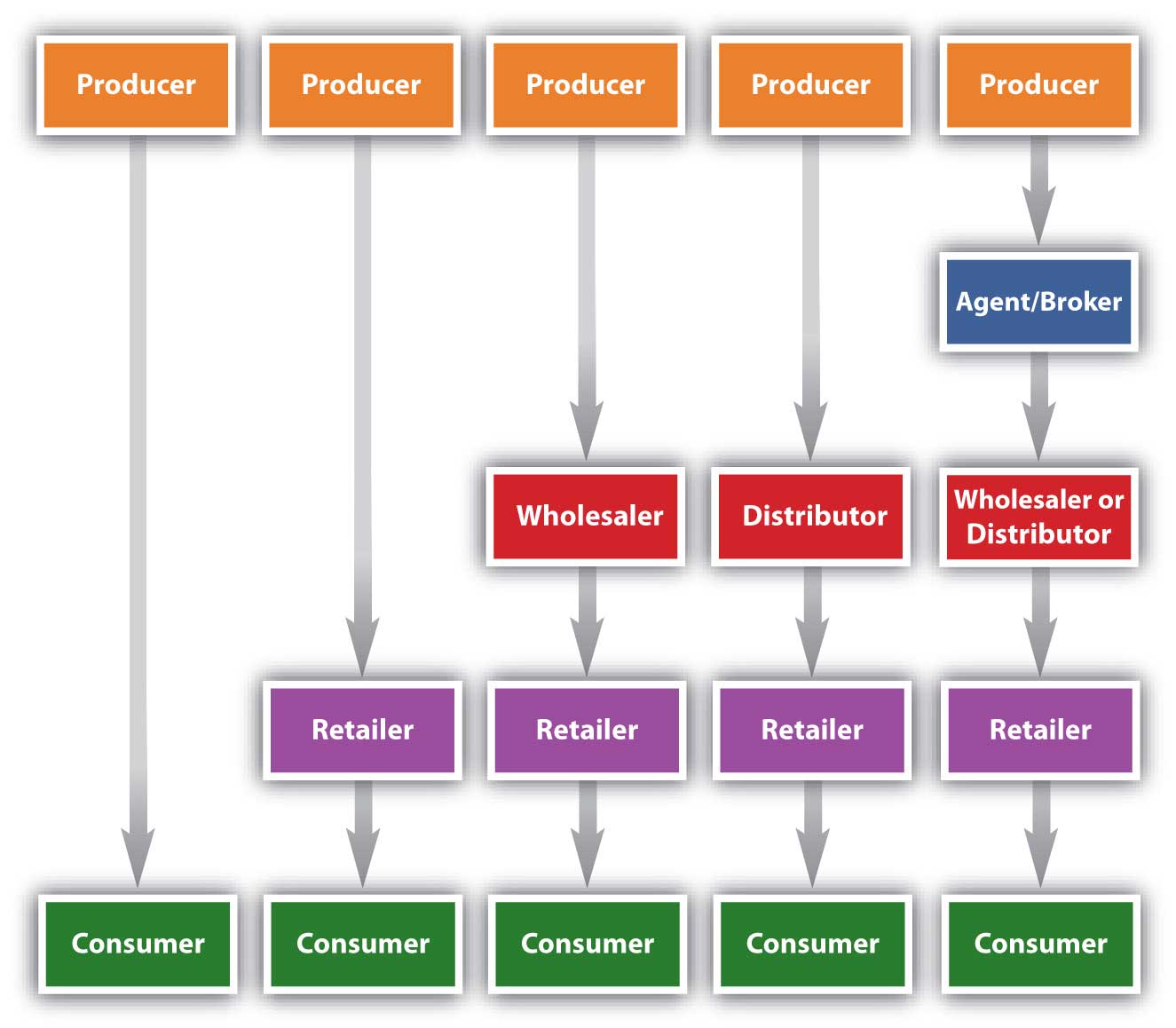Characterization And Selection Of Sales ChannelsPosted by Ashley Nichols on October 24th, 2016 Distribution Channel is a complex of interconnected companies, whose activities are focused on the organization of commodity-money exchange. In other words, the distribution channel includes a certain number of companies, each of which is in some way involved in the chain of movement of goods from the place of production to the end user.
Types of distribution channels Distribution channels are developed to achieve the main goals of merchandising, provide in the aggregate structure of the distribution network by which the sale of products. Distribution channels are divided into the following types:
Choosing the most appropriate distribution channel and its number of levels, we must remember that each of these channels has its own advantages and disadvantages. Direct distribution channels or distribution channels with zero does not require storage of large quantities of goods in warehouses, but have a limited amount of target markets. Also for the data, channels are characterized by producer organizations, private after-sales support of goods, which requires additional resources and investments. Channels of distribution, implying the use of intermediaries, exclude the possibility of the manufacturer to establish direct contact with consumers. However, these channels contribute to the expansion of markets, attract new customers, increase sales, and maximize profits. Intermediaries Sales channel characteristics are defined so as to include whether the intermediary distribution channel, you need to decide on the number and type of intermediaries is necessary in order to process the sale of products has become the most effective. In terms of sales policy identifies the following intermediaries:
About Author: Ashley Nichlos is a freelance writer at http://winpro-solutions.com/, who creates papers about promotion and gives advices in spheres of finance and business. Among the readers of her blog are young students and professionals, who have already have job in leading companies. Like it? Share it!More by this author |



